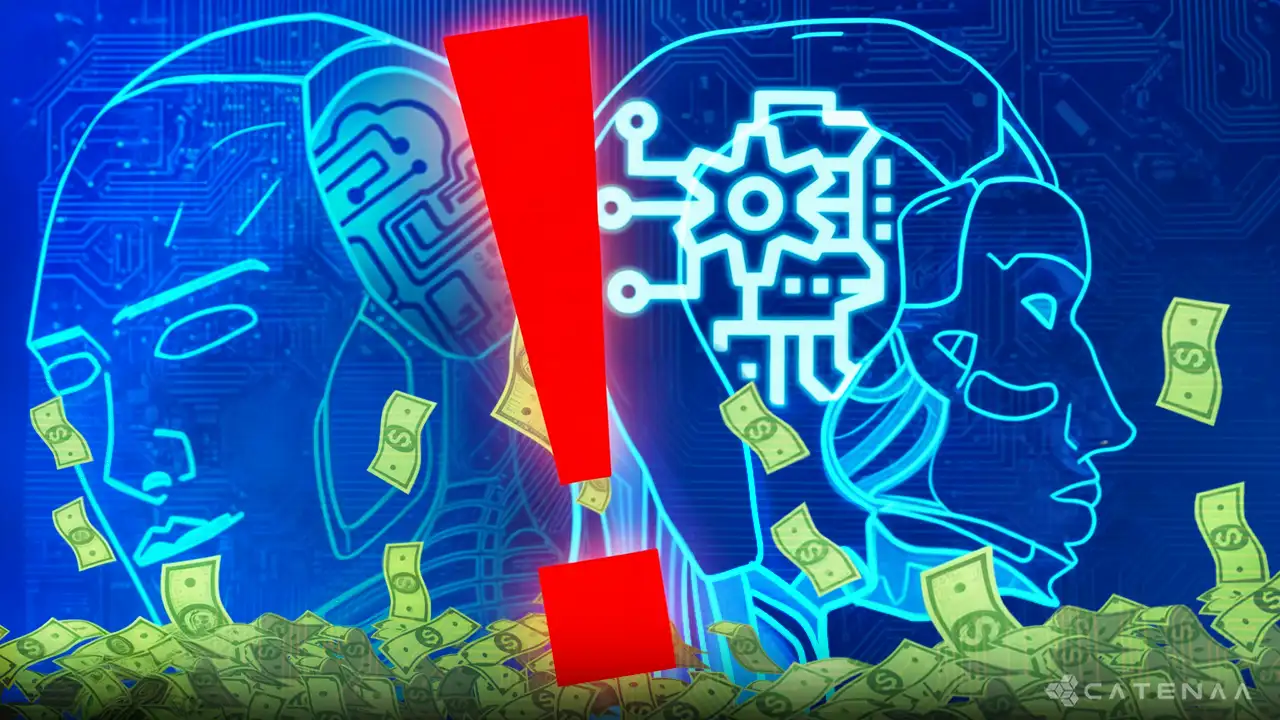NEW YORK, Wednesday, July 10, 2024— Generative AI technology, lauded for its potential to create a paradigm shift in industries, is not yet generating profits despite significant investments from tech giants, a report by Goldman Sachs said.
The report, dated June 25, 2024, presents a mix of skepticism and optimism regarding the economic impact of generative AI. While Daron Acemoglu of MIT and Goldman Sachs’ Jim Covello express doubts, predicting that AI will automate less than 5% of tasks cost-effectively, GS economists Joseph Briggs, Kash Rangan, and Eric Sheridan say AI will automate 25% of work tasks and significantly boost productivity and GDP. However, the economists caution that a breakthrough “killer application” is yet to emerge and current high spending may not yield immediate returns.
The report, titled Gen AI: Too Much Spend, Too Little Benefit?, highlights that companies are expected to spend more than $1 trillion on AI-related capital expenditures in the coming years. However, the report raises questions about the near-term returns on these investments.
The full report in PDF format is available here.
Daron Acemoglu of MIT and Goldman Sachs’ Jim Covello express skepticism. Acemoglu predicts that generative AI will automate less than 5% of tasks cost-effectively, leading to a modest increase in U.S. productivity and GDP growth over the next decade.
Covello echoes this concern, arguing that the high cost of AI doesn’t justify its current problem-solving capabilities.
Goldman Sachs economists Joseph Briggs, Kash Rangan, and Eric Sheridan offer a more optimistic perspective. They believe AI will automate 25% of work tasks, leading to significant gains in productivity and GDP.
They acknowledge, however, that a breakthrough “killer application” for AI has yet to emerge, and the current high spending might not translate to immediate returns.
The report also identifies challenges that could constrain AI growth, including chip shortages and increased power demand for data centers supporting AI systems. These issues could hinder the technology’s development and delay its potential economic benefits.
Despite the skepticism, the report suggests that AI infrastructure providers and utilities could benefit in the near term.
As companies continue to invest in AI, these sectors could see growth before the market adjusts to the technology’s current limitations.
The report concludes that only in the most favorable scenario, where AI significantly boosts economic growth and corporate profitability without raising inflation, could investors expect above-average long-term returns from the S&P 500.
Goldman Sachs acknowledges the potential of generative AI to transform industries and economies. However, the report raises concerns about the technology’s profitability in the near term. Significant challenges need to be addressed before AI can deliver on its promise, making it a high-risk investment at this juncture.


